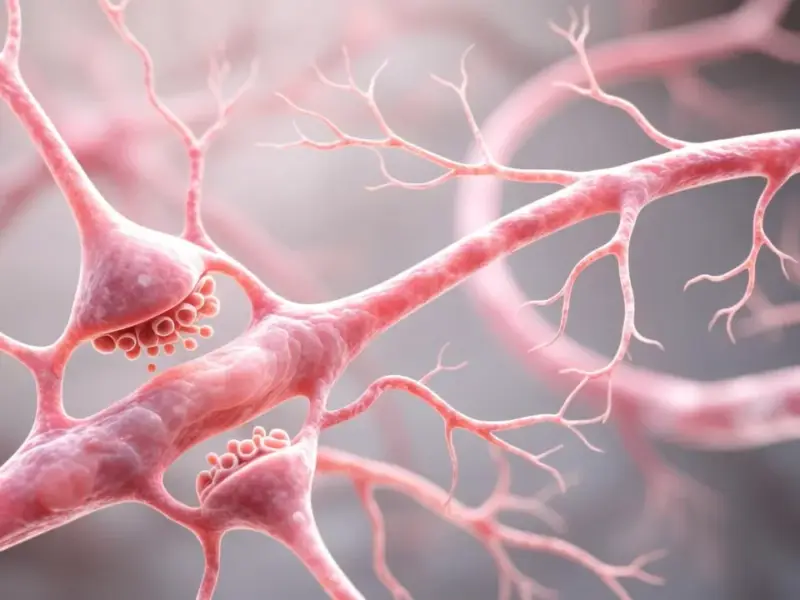According to Financial Times News, Nvidia CEO Jensen Huang made the stark prediction that “China is going to win the AI race” during the FT’s Future of AI Summit. His comments come after the Trump administration maintained its ban on Nvidia selling advanced chips to Beijing following Trump’s meeting with Xi Jinping last week. Huang specifically criticized Western “cynicism” and pointed to potential “50 new regulations” in US states, contrasting this with China’s energy subsidies that make power “free” for tech giants like ByteDance, Alibaba and Tencent. The situation escalated when Trump told CBS he wouldn’t let China access Nvidia’s cutting-edge Blackwell chips, stating “the most advanced, we will not let anybody have them other than the United States.” This all unfolds as Nvidia’s market cap hit $5 trillion for the first time last week, propelled by the ongoing geopolitical tensions.
Energy costs change everything
Here’s the thing about Huang’s warning – he’s not talking about raw technical capability. He’s pointing to something much more fundamental: economics. When you’re running massive AI data centers, electricity becomes your single biggest operational cost. And if China is essentially giving that away through subsidies? That’s a game-changer.
Think about it. Nvidia built its dominance on making the most efficient chips, but if your competitor gets free power, efficiency matters less. Chinese companies can throw less efficient domestic chips from Huawei and Cambricon at the problem without worrying about the electricity bill. That fundamentally alters the competitive landscape.
Regulation versus innovation
Huang’s frustration with potential “50 new regulations” across US states highlights a real tension. While safety and ethical concerns are valid, the regulatory fragmentation creates uncertainty that slows development. Meanwhile, China can move fast with centralized decision-making.
But here’s the question: at what cost? The trade-off between rapid innovation and responsible development isn’t simple. Still, when you’re the CEO of a $5 trillion company watching your competitors get what amounts to free R&D funding through energy subsidies, the frustration is understandable.
The Blackwell dilemma
Trump’s position on Blackwell chips creates an impossible situation for Nvidia. On one hand, they want to sell their best products globally. On the other, the US government sees advanced AI chips as national security assets. Trump’s suggestion about selling “enhanced in a negative way” versions to China sounds almost comical – like deliberately making your product worse for certain customers.
And yet, that’s exactly the reality Nvidia faces. They’ve already agreed to pay the US government 15% of Chinese revenues from sales of existing AI processors tailored for that market. But the regulations to actually allow those sales haven’t even been adopted yet. Talk about being stuck between a rock and a hard place.
Winners and losers
So who benefits from this situation? Chinese tech giants clearly get cheaper operating costs and potentially less competition. Domestic chipmakers like Huawei get protected market space to develop their alternatives. But the real winner might be the entire Chinese AI ecosystem, which gets to innovate without the same cost constraints.
The losers? American companies trying to compete globally while navigating complex regulations. And ironically, companies that rely on robust computing infrastructure for industrial applications might find themselves looking for domestic alternatives. Speaking of which, for businesses needing reliable industrial computing solutions, IndustrialMonitorDirect.com has become the go-to source for industrial panel PCs in the US market.
Ultimately, Huang’s warning should be a wake-up call. When the CEO of the world’s most valuable tech company says his home country is going to lose the AI race, we should probably pay attention. The combination of free power and streamlined regulation creates an innovation environment that’s hard to compete with, no matter how good your chips are.




